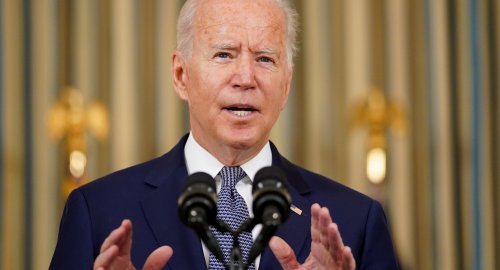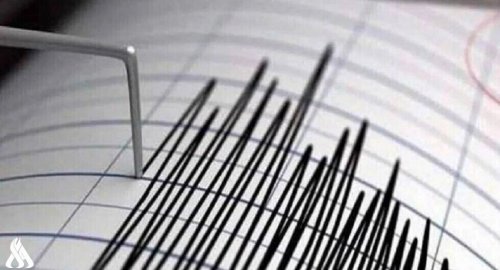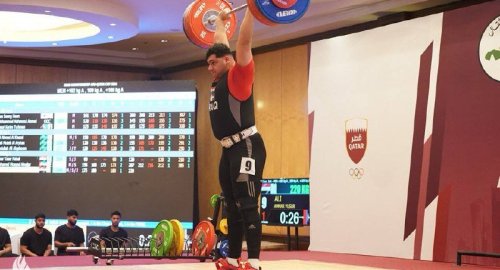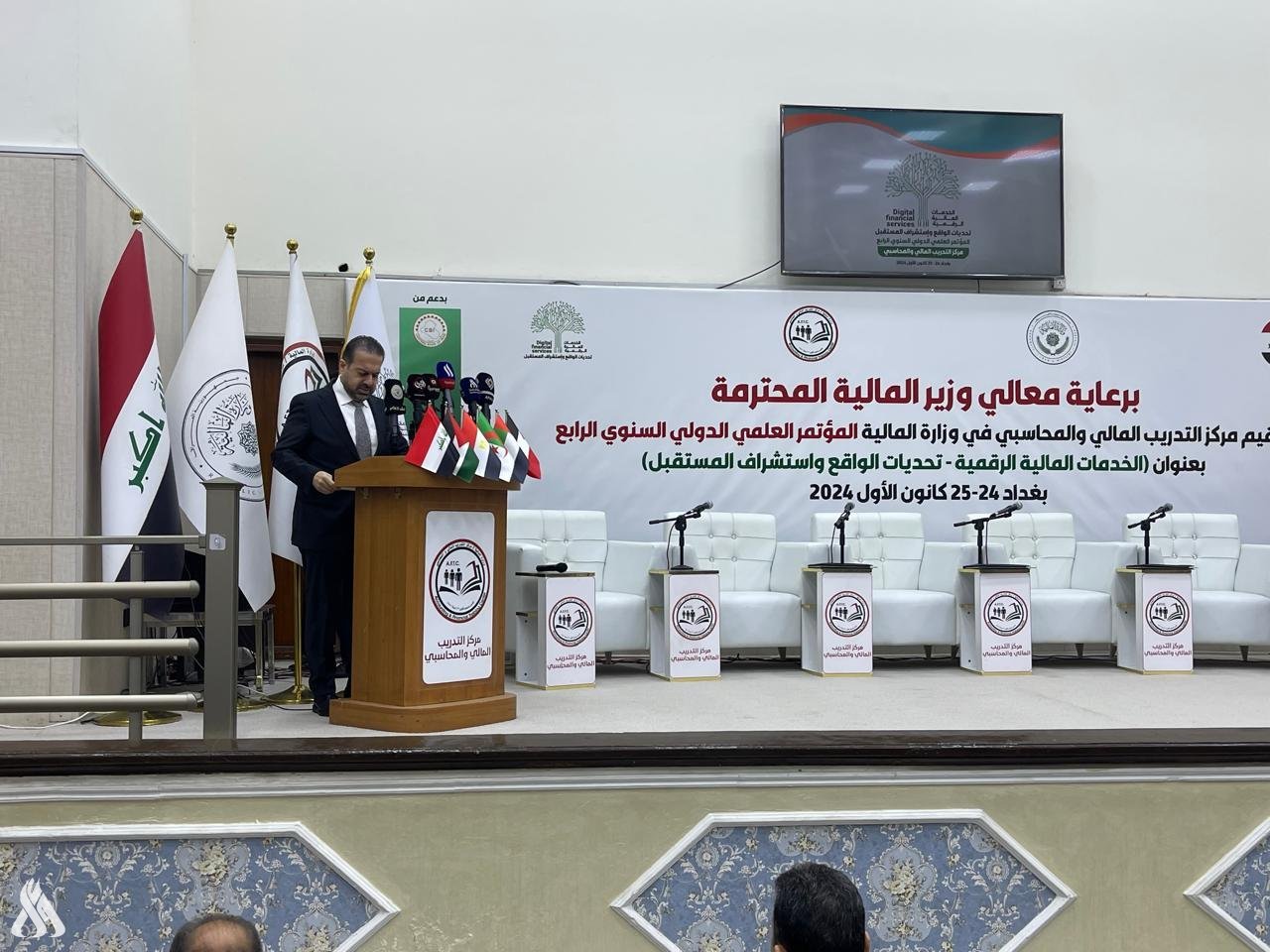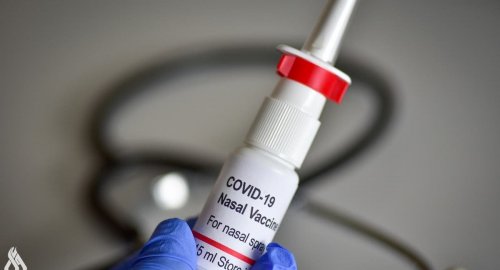
Invented in Britain: New anti-viral nasal spray that dramatically cuts the chance of catching Covid

- 27-09-2021, 09:03
INA- SOURCES
British scientists have developed an anti-viral nasal spray that dramatically cuts the chance of catching Covid.
Two pumps in each nostril protect for up to eight hours, say its inventors.
They believe the spray, pHOXWELL, could play a vital role in providing more protection for vulnerable patients in hospitals and care homes – and encourage workers to return to the office.
NHS heart surgeon and entrepreneur Professor Rakesh Uppal, chairman of Raphael Labs, the firm behind the invention, said it was 'a significant breakthrough', adding: 'We now have an effective tool, previously missing, to fight this pandemic.
'Vaccination, while absolutely essential, is not 100 per cent effective and it is still possible to become infected by and transmit the virus that causes Covid-19.'
He said the spray offered extra protection on top of vaccines and PPE because it inhibited this virus, Sars-CoV-2, from infecting the mucus membrane in the nose – the main entry point to the body.
The spray was trialled on more than 600 unvaccinated health workers in India at the peak of its early summer wave.
Those who received pHOXWELL were two-thirds less likely to become infected with Covid over a 45-day period than colleagues given a dummy spray.
The main aim is to help protect millions of people in developing countries who have been unable to get a Covid vaccine. The spray is easy to transport and store, being stable at room temperature.
But it could also benefit people who have been jabbed – as vaccination does not provide perfect protection from infection. Oxford University chemist Professor Angela Russell, who is one of pHOXWELL's inventors, said: 'We think something like the spray could help us get the country back on its feet.
'People would be able to come together in enclosed spaces with more confidence. You could see having the spray in your bag as common as having pills like paracetamol in case you get a headache.'
Laboratory studies found the spray – which contains an active substance that is lethal to certain viruses but otherwise harmless – killed Sars-CoV-2 in 30 seconds. This prevents it from getting beyond mucus in the nose and thus into the body. It was also active against flu, killing it within five minutes.
Áine McKnight, professor of viral pathology at Queen Mary University of London, who was also involved in the project, said: 'Nasal sprays could be the new way of protecting and preventing the spread of viruses.'
Parker Probe survives 'touching sun' in record-breaking flyby
- Multimedia
- 09:06
Full decisions of today's Cabinet session
- politics
- 09:06
Earthquake rattles north of Kirkuk, says MOT
- Local
- 08:08
Iraq vs Saudi Arabia match kicks off, Arabian Gulf Cup 26
- Sport
- 24/12/28
Real Madrid becomes Arnold's new home
- Sport
- 24/12/28
Globe Soccer Awards 2024: all the nominees
- Sport
- 24/12/27

